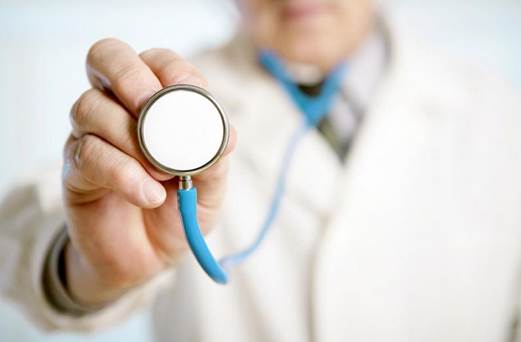Taking the right precautions will help keep you safe and well
while travelling
Introduction
When taking an overseas trip the last thing you want is to
get sick.
This special health handbook will help you improve your
chances of having a safe and healthy journey, and an enjoyable trip.
You will find out what you need to know to help prevent
problems, how to stay safe and minimize risks while you are on the move, and
how to treat common conditions while you are away.

When taking an
overseas trip the last thing you want is to get sick.
Be prepared
Proper planning is the best way to stay healthy. This is
particularly important if you are planning on a long trip or going to remote
areas.
Proper travel planning takes time – you really should start
preparing for your trip at least six weeks before you go.
Begin by doing some homework about your destination. Check
out any possible risks, health problems or security issues.
A good place to start your research is the government’s Smartraveler
website where you will find the latest safety and health information for
Australians travelling overseas.

Proper travel
planning takes time – you really should start preparing for your trip at least
six weeks before you go.
Your health and safety risks on an overseas journey depend
on several things:
·
Where you go: The issues you need to consider may vary even
within one region. For example, the risks for visiting cities will be quite
different to the risks you may encounter visiting rural areas.
·
What you will be doing: Adventure travel (climbing, hiking,
kayaking, etc.) increases risks. As does eating from street stalls, swimming
and bathing in local rivers, or doing humanitarian work.
·
Type of accommodation: Will you be staying in luxury hotels and
resorts with all the mod cons or will you be camping? Or bedding down somewhere
in between?
·
Your health history: Your age, medications, allergies and
pre-existing medical conditions all make a difference.
·
How long you will be away from home. The risk of illness or
injury may be higher in less-wealthy countries, but certain advice applies to
all travelers regardless of destination.
The Department of Foreign Affairs
and Trade encourages you to register your plans via the Smartraveler website
before you leave Australia. The registration information you provide can help
people contact you in an emergency and can also be used to pass on travel
advice updates and other important information.
Health check-up
Your first goal should be to avoid the need for medical and
dental care while you are away.
If you have a medical condition, or you are pregnant,
breastfeeding, planning a pregnancy or travelling with babies or young
children, it’s especially important to seek health advice before you travel.
Even if you are fit and healthy and planning a trip to a
low-risk destination, one of your first stops should be a consultation with
your GP.
Make sure your routine medical care is up-to-date. For
example, when was the last time you had a Pap smear test? You might like to
take the opportunity of this visit to your GP to get to the bottom of any
niggling health concerns you have.

Your first goal
should be to avoid the need for medical and dental care while you are away.
Also, make sure to talk to your doctor about any
prescription or over-the-counter medicines that you will need to take with you.
In particular ask about immunizations’. Are your childhood
vaccinations up to date? Have you had a booster shot for tetanus in the past10
years? Should you have an influenza vaccination? What other vaccinations may
you need for your trip?
Not all GPs can provide travel health advice, which is why
expert travel health services are available.
Travel medicine specialists are knowledgeable about current
health risks in every country. They can ensure that your vaccinations are
up-to-date and offer travel vaccines and other medicines. They can also advise
on non-infectious health risks and self-treatment and provide medical kits to
meet individual requirements.
You should also schedule a visit with your dentist well
before your departure date so that any necessary dental work can be done.